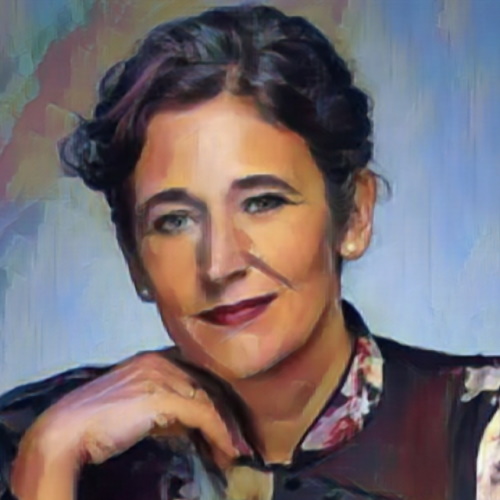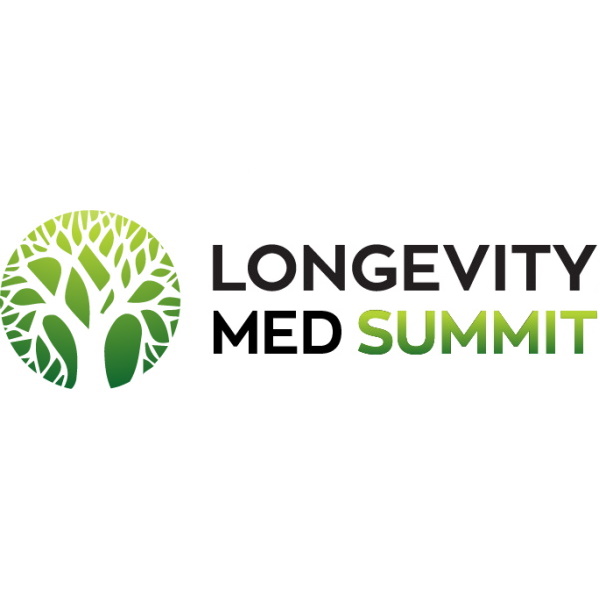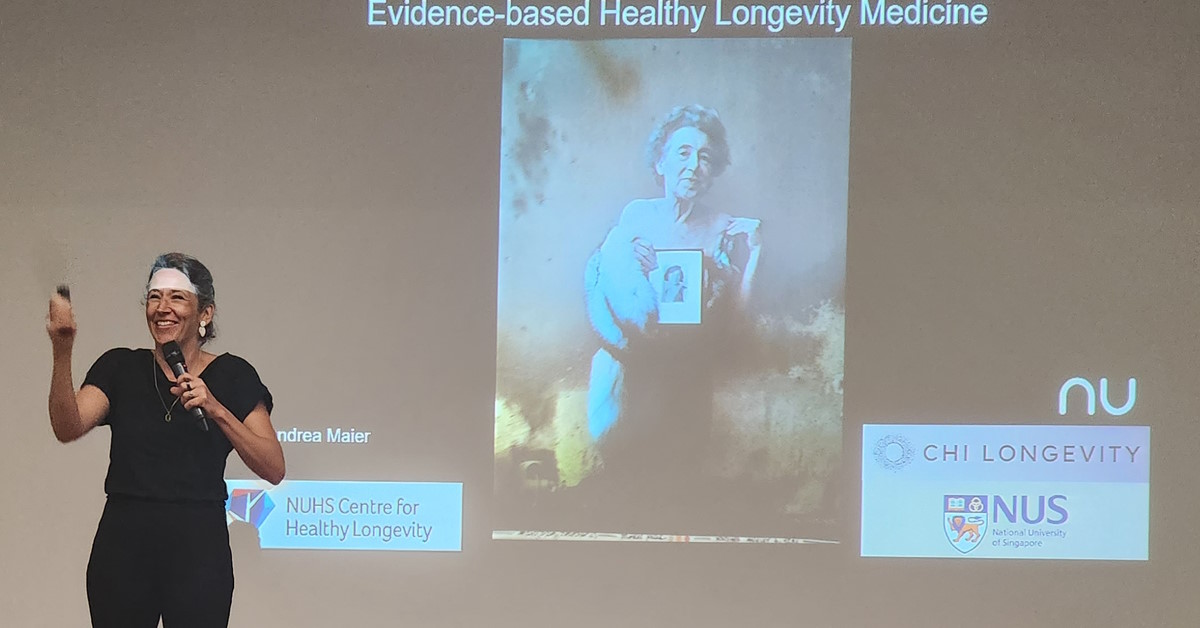Leading the Longevity Center at the National University of Singapore, aiming to increase Singaporeans' healthspan by three years in the next decade.
The center focuses on diagnostics and interventions, working with global cohort studies to identify biomarkers for clinical practice.
The center is also reviewing literature on diagnostics and interventions, conducting meta-analyses from human and animal studies, and supplement testing.
Health Longevity Medicine Society is working on bringing evidence to the field.
The Biomarker of Aging Consortium was formed to define good biomarkers of aging and segment them into categories, such as predictive, responsive, discovery, and surrogate endpoints.
A study using the UK Biobank data found that a body clock was predictive for the onset of age-related diseases, and these clocks could be used by general practitioners for patient care.
The study also showed that aging pace in different organ systems can be different within an individual. And able to predict which organ will age next.
A digital twin is being developed to make use of microbiome data and provide personalized health advice to individuals.
Testing of supplements revealed significant variability in the quality and content of products (e.g. less than half contained > 90% of NMN), highlighting the need for greater regulation in the field.
A trial on middle-aged men demonstrated that supplementation with NMN increased energy levels and had a positive impact on quality of life and walking speed.
Clinical effects were found to be dependent on the increase in NAD levels in the body, prompting a more personalized approach to supplementation.
A randomized controlled trial with calcium alpha-ketoglutarate is currently underway, targeting individuals with an older biological age based on epigenetic clocks.
There is limited evidence for the effectiveness of rapamycin and other rapalogs in human aging, necessitating further research.
The longevity medicine clinic at Alexandra Hospital is set to open in August, with plans to expand globally to provide evidence-based protocols for healthy aging.
The Health Longevity Academy was started to recruit more talent and careers in the field, as more professionals are needed. It also aims to educate professionals on best practices for healthy aging, offering various programs and services to develop a global network of experts.









